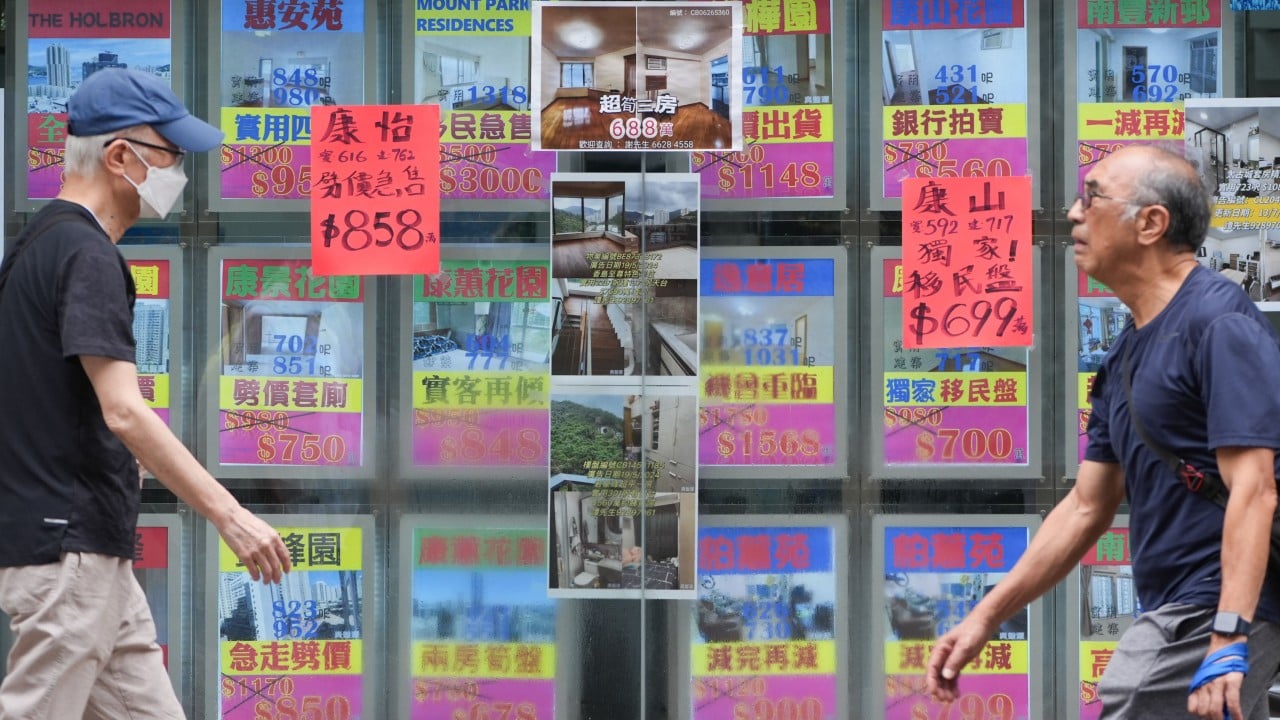One of the big themes in Asia’s real estate industry this year is divergence. The average price of second-hand homes in Japan in the first quarter of 2025 rose at an annualised pace of 9.5 per cent, while in mainland China it contracted 7.5 per cent, according to Knight Frank’s Global House Price Index.
Advertisement
In the commercial property market, investment activity in Australia was up 15 per cent in the first half of this year, while in Hong Kong it fell 59 per cent, according to MSCI data. In fact, one of the areas where divergences are the most pronounced is cross-border investment. While the proportion of cross-border capital in transaction volumes in the Asia-Pacific as a whole increased 13 per cent in the first half of 2025, its share in mainland China and Hong Kong fell to its lowest level in a decade.
However, that poor performance comes at a time when Hong Kong and mainland China are becoming more closely integrated in one of the most important trends in Asia’s economy and capital markets. Hong Kong’s role as the dominant offshore dollar funding centre in Asia, coupled with the city’s efforts to attract top talent and become a leading education hub, has accentuated its appeal to mainland companies and consumers.
While the economic consequences of closer integration are most apparent in Hong Kong’s financial markets – the surge in listings by mainland firms has propelled the city to the top of the global rankings for initial public offerings – the impact is increasingly evident in the ailing property sector, particularly the residential market.
The Centa-City Leading Index, a gauge of second-hand home values, has been flat since the start of this year after a nearly 30 per cent decline since the 2021 peak. Not only have house prices stabilised – a feat in itself in Hong Kong’s depressed real estate market – there is a decent chance they could be in positive territory for the year as a whole.
Advertisement
The combination of easing supply pressures, stronger demand, the unexpectedly sharp fall in interbank rates and a “positive carry”, as the effective mortgage rate drops below the rental yield, has improved the outlook for the sales market. Morgan Stanley says the government’s decision last year to scrap cooling measures gives Hong Kong an edge over Singapore, where non-resident buyers must pay a staggering 60 per cent tax on any residential purchase.


